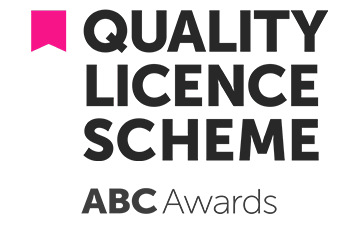

Child psychology is the study of the mental, social and emotional development of children from birth through to adolescence. It examines changes in motor skills, cognitive development, language acquisition, and identity formation.
This in-depth Child Psychology course will provide you with a fundamental knowledge of the development of children and will give you an integral insight into why children behave the way they do.
Module One Major Developmental Issues
Unit One: The First Year of Life
Unit Two: The Formation of Attachments
Unit Three: Consequences of Breakdowns in Attachments
Unit Four: The Home, Family and School
Unit Five: Basic Principles of Research Methods
Unit Six: The Development of Visual Perception
Unit Seven: The Development of Language and Communication
Unit Eight: Intelligence and Intelligence Testing
Unit Nine: The Nature/Nurture Debate in the Study of Intelligence
Unit Ten: Data Collection and Interpretation
Module Two The Child as an Individual
Unit Eleven: How Children Think
Unit Twelve: Learning Theory - How Behaviour is Acquired
Unit Thirteen: Freud's Psychodynamic Theory - An Alternative Approach
Unit Fourteen: Moral Development
Unit Fifteen: The Development of Gender Roles
Unit Sixteen: Aggression in Children
Unit Seventeen: Methods Used in Child Development Research
Unit Eighteen: Play
Unit Nineteen: Learning in School
Unit Twenty: Behaviour Modification
This course has been accredited by Online Academies. On successful completion of this course you will be able to download or print off a PDF of your Online Academies Certificate (please note: you will also be given the opportunity to have a hard copy of the certificate printed off and posted out to you for a small additional charge). If you would like to view a sample of the certificate, please click here.

Online Academy work with Quality Licence Scheme (Quality Licence Scheme). The Quality Licence Scheme is part of the Skills and Education Group, a charitable organisation that unites education and skills-orientated organisations that share similar values and objectives. With more than 100 years of collective experience, the Skills and Education Group’s strategic partnerships create opportunities to inform, influence and represent the wider education and skills sector.
At the conclusion of each module there is a multiple choice question assessment. This will help you remember the main points of the lesson and act as a check that you have retained the essential knowledge and understanding of that particular section. The results can be seen instantaneously and you can correct wrong answers. When the result is satisfactory you can progress to the next module.
Once you have successfully completed all the modules for your course you will be awarded:
A Diploma issued by Online Academies



